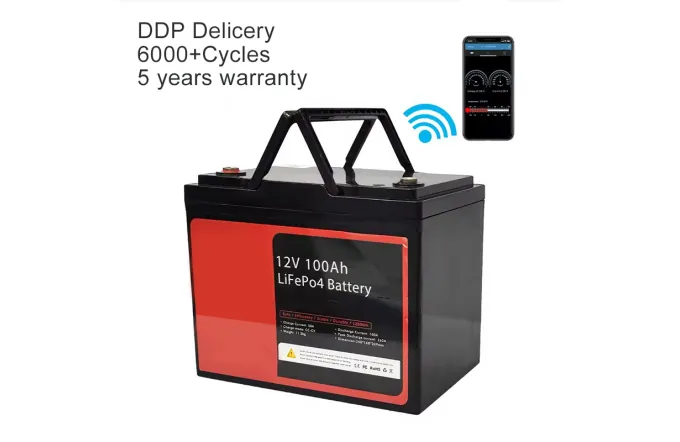How to Choose a 50Ah LiFePO4 Cell?
Understanding LiFePO4 Technology
When considering a 50Ah LiFePO4 (Lithium Iron Phosphate) battery, it's essential to understand the underlying technology. LiFePO4 cells are known for their stability, safety, and longevity compared to other lithium-ion technologies. They can handle more charge and discharge cycles, making them ideal for applications like solar energy storage, RV use, and more.
Why Choose 50Ah LiFePO4 Cells?
A 50Ah battery capacity strikes a balance between weight and energy storage, making them suitable for various applications, including electric vehicles and off-grid solar systems. Their lightweight design paired with robust power delivery allows users to enjoy longer operational times without the significant weight burden of traditional lead-acid batteries.
Factors to Consider When Choosing a 50Ah LiFePO4 Cell
1. Quality of the Cells
Not all LiFePO4 cells are created equal. Research the brand’s reputation and look for reviews. High-quality cells typically have a longer lifespan and better performance. Certifications like UL, CE, and RoHS indicate compliance with safety standards.
2. Voltage Compatibility
Ensure that the 50Ah cell's voltage matches your system requirements. Common voltages for LiFePO4 cells are 3.2V per cell. For a 12V battery pack, you would typically need four cells in series.
3. Discharge Rate
Evaluate the cell's discharge rates essential for your application. A higher continuous discharge rate is crucial for applications requiring sudden bursts of power, such as electric vehicles or power tools. Look for specifications that indicate both continuous and peak discharge capabilities.
4. Cycle Life
A critical factor is the cycle life of the battery. A high-quality LiFePO4 should last between 2000 to 5000 cycles with proper care. This significantly reduces your overall cost of ownership, providing more value over time.
Related links:How Does a 50Ah LiFePO4 Battery Provide Efficient Energy Storage?
5. Temperature Range
4 Tips to Select a Quality 1
2 Volt Battery Performance
4 Tips to Select the Perfect Makita Bike
How to Choose the Best Makita Bike?
Key Questions to Ask When Choosing a Portable Solar Charger
Unlocking Lithium Manganese Dioxide Batteries: Benefits & Uses
LiFePO4 batteries operate efficiently within a specific temperature range. Make sure to choose a cell that can withstand the environmental conditions it will face. Cells with a wider temperature tolerance offer versatility in various applications.
6. BMS (Battery Management System)
A good BMS is essential for maintaining the health of your LiFePO4 cells. It helps in monitoring the charge and discharge processes, thus prolonging battery life. Ensure the BMS can handle your cell's current and voltage ratings effectively.
7. Cost
While price shouldn’t be the only deciding factor, it plays an essential role in the decision-making process. Prices can vary significantly based on brand and features. Balance the initial cost with long-term performance for optimal value.
Installation and Maintenance Tips
Once you've chosen your 50Ah LiFePO4 cell, it's crucial to follow proper installation and maintenance guidelines. Follow the manufacturer's instructions carefully and ensure safe connections. Regularly check the connections and battery performance to facilitate the longevity of the cells.
Final Thoughts
Choosing the right 50Ah LiFePO4 cell involves careful consideration of numerous factors, from quality and compatibility to cost and management systems. By focusing on these areas, you can ensure that your investment leads to reliable power for your needs.
The company is the world’s best 50ah lifepo4 cell, prismatic lifepo4 battery, 50 amp lithium battery supplier. We are your one-stop shop for all needs. Our staff are highly-specialized and will help you find the product you need.
Related links:Key Questions to Ask When Ordering Low Voltage Lithium Battery Exports
How Can 600mAh Batteries Revolutionize Small Devices?
What are the key features of golf cart battery testers?
What Is a Battery Camel and How Does It Work?
Key Factors for Choosing Golf Cart Batteries
Discover How Camel Plus Battery Boosts Your Device's Power
Key Benefits of 3 Phase Hybrid Inverters Explained




